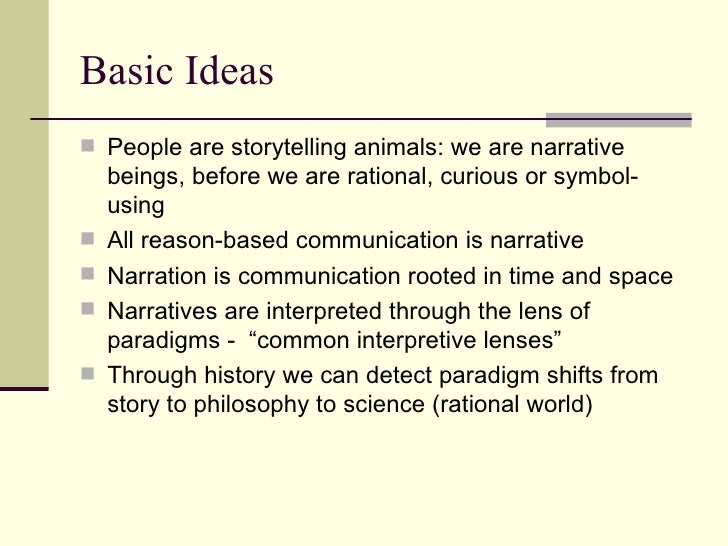

Normal science does not mean at all a science guided by a coherent system of rules, on the contrary, the rules can be derived from the paradigms, but the paradigms can guide the investigation also in the absence of rules. That is to say, the science which can decide if a certain problem will be considered scientific or not.

Thus the question is for Kuhn to investigate by means of the paradigm what makes possible the constitution of what he calls "normal science". stands for the explicit rules and thus defines a coherent tradition of investigation. In the second sense, the paradigm is a single element of a whole, say for instance Newton’s Principia, which, acting as a common model or an example. In the first one, "paradigm" designates what the members of a certain scientific community have in common, that is to say, the whole of techniques, patents and values shared by the members of the community. Kuhn acknowledges having used the term "paradigm" in two different meanings. Paradigm shifts arise when the dominant paradigm under which normal science operates is rendered incompatible with new phenomena, facilitating the adoption of a new theory or paradigm. Kuhn contrasts paradigm shifts, which characterize a Scientific Revolution, to the activity of normal science, which he describes as scientific work done within a prevailing framework or paradigm. Kuhn presented his notion of a paradigm shift in his influential book The Structure of Scientific Revolutions (1962). Even though Kuhn restricted the use of the term to the natural sciences, the concept of a paradigm shift has also been used in numerous non-scientific contexts to describe a profound change in a fundamental model or perception of events. A paradigm shift, a concept brought into the common lexicon by the American physicist and philosopher Thomas Kuhn, is a fundamental change in the basic concepts and experimental practices of a scientific discipline.


 0 kommentar(er)
0 kommentar(er)
